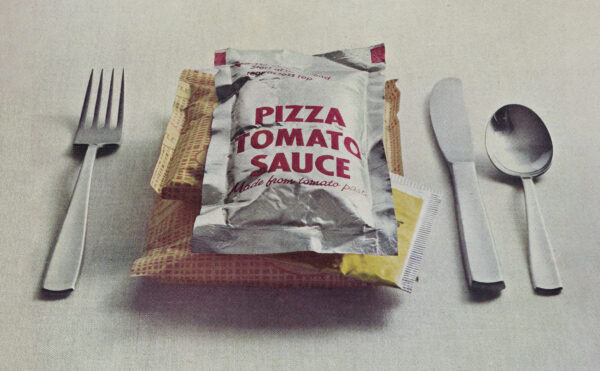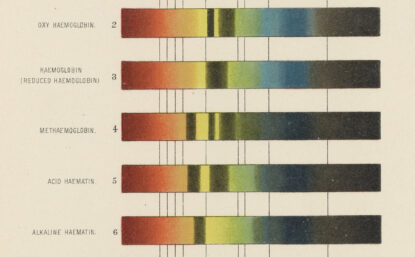Squealing and Healing: Transplanting Kidneys from Pigs to People
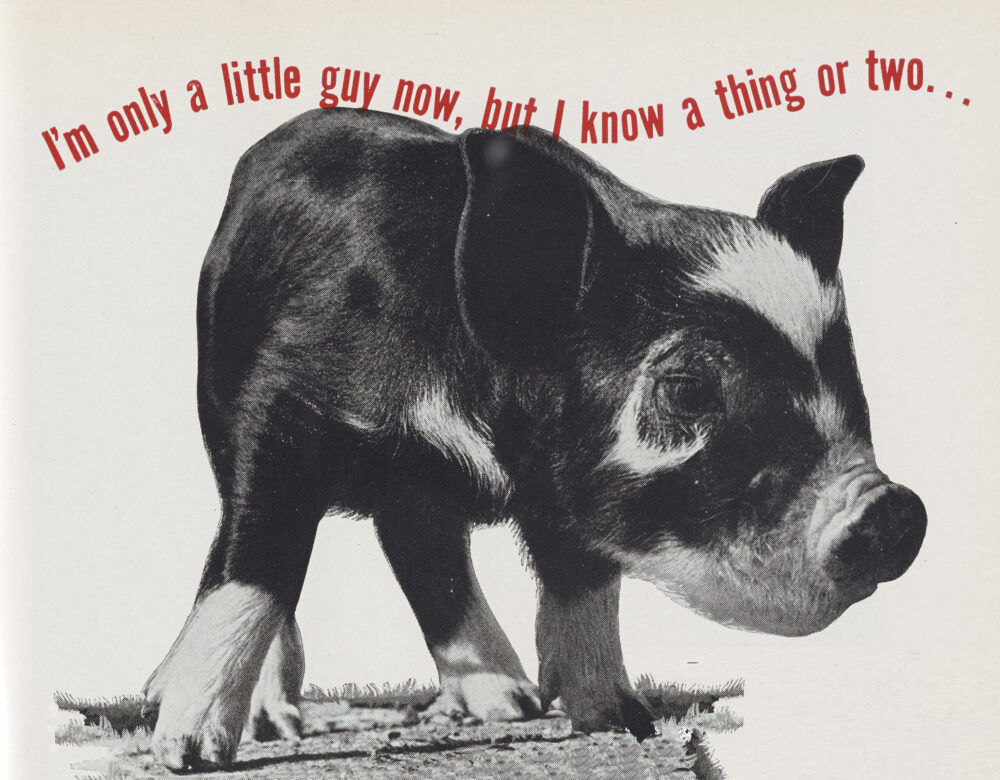
Limited organ availability stands between hundreds of thousands of patients and life-changing treatment. Nationwide only a quarter of waitlisted patients receive a donor kidney transplant within five years. Jayme Locke hopes to open another door to save the lives of patients in end-stage kidney disease using xenotransplantation.
In a September 2021 study performed at UAB Hospital and Legacy of Hope, Alabama’s organ procurement organization, Locke’s research team transplanted two genetically modified pig kidneys inside the abdomen of a brain-dead human after removing the recipient’s native kidneys. The transplanted kidneys filtered blood, produced urine and, importantly, were not rejected. The exciting results of this study were published on January 2022 in the peer-reviewed American Journal of Transplantation. This first-of-its-kind accomplishment is potentially a monumental step forward for the future of kidney transplantation.
Our speakers will discuss groundbreaking xenotransplantation technology and its ethical implications.
About the Speakers
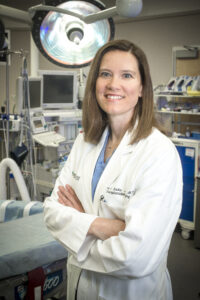
Jayme Locke is an abdominal transplant surgeon specializing in innovative strategies for the transplantation of incompatible organs, disparities in access to and outcomes after solid organ transplantation, and transplantation of HIV-infected end-stage patients. She is currently professor of surgery and the Arnold G. Diethelm MD Endowed Chair in Transplantation Surgery at the University of Alabama at Birmingham (UAB). Locke is the surgical director of the South’s leading Incompatible Kidney Transplant Program at UAB Hospital and coordinator of the UAB Kidney Chain, the longest living kidney transplant chain ever recorded in the United States.
Locke’s research interests include complex statistical analysis and modeling of transplant outcomes and behavioral research focused on health disparities. She has authored more than 180 articles in peer-reviewed journals and 24 book chapters, and is an NIH R01-funded investigator. In addition, she is a deputy editor for the American Journal of Transplantation an editorial board member for Annals of Surgery.
Locke completed an undergraduate degree in biology and chemistry at Duke University and a medical degree at East Carolina University prior to matriculating to Johns Hopkins Hospital where she received training in general surgery and multi-visceral abdominal transplantation. She completed her master of public health degree with an emphasis in biostatistics and epidemiology at the Johns Hopkins Bloomberg School of Public Health.
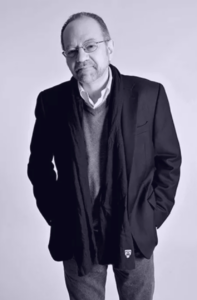
Jonathan D. Moreno is the David and Lyn Silfen University Professor of Ethics at the University of Pennsylvania where he is a Penn Integrates Knowledge (PIK) professor. At Penn he is also professor of medical ethics and health policy, of history and sociology of science, and of philosophy.
This year MIT Press will publish Moreno’s new book, “Absolutely Essential”: Bioethics and the Rules-Based International Order. Among Moreno’s previous books are Everybody Wants to Go to Heaven but Nobody Wants to Die, coauthored with former Penn president Amy Gutmann, now U.S. Ambassador to Germany; The Body Politic, which was named a Best Book of 2011 by Kirkus Reviews; Undue Risk, nominated for the Virginia Literary Award; and Mind Wars, which formed part of the basis of the film The Bourne Legacy.
Moreno received his PhD in philosophy from Washington University in St. Louis, was an Andrew W. Mellon postdoctoral fellow, holds an honorary doctorate from Hofstra University, and is a recipient of the College of William and Mary Law School Benjamin Rush Medal, the Dr. Jean Mayer Award for Global Citizenship from Tufts University, and the Penn Alumni Faculty Award of Merit. He has held the honorary Visiting Professorship in History at the University of Kent in Canterbury, England. In 2018 the American Society for Bioethics and Humanities presented him with its Lifetime Achievement Award.
About the Series
The Joseph Priestley Society (JPS) promotes a deeper understanding of science, technology, and industry, with an emphasis on innovation and entrepreneurship. Speakers are leaders from a wide variety of large and small chemical companies and the financial, consulting, and academic communities.
For more information about this event, please contact jps@sciencehistory.org.
Featured image: “Dehairing with Brisgo Saves Time—Saves Money” from 1944 Hercules Advertisements.
More events
School Lunch Tour
This interactive drop-in tour reveals how food scientists, the government, and the public have shaped in-school nutrition.
Stories of Science: Earth Month
Join us in our museum EVERY SATURDAY for a family-friendly program that highlights strange and surprising stories from the history of science!
Stories of Science: Earth Month
Join us in our museum EVERY SATURDAY for a family-friendly program that highlights strange and surprising stories from the history of science!

